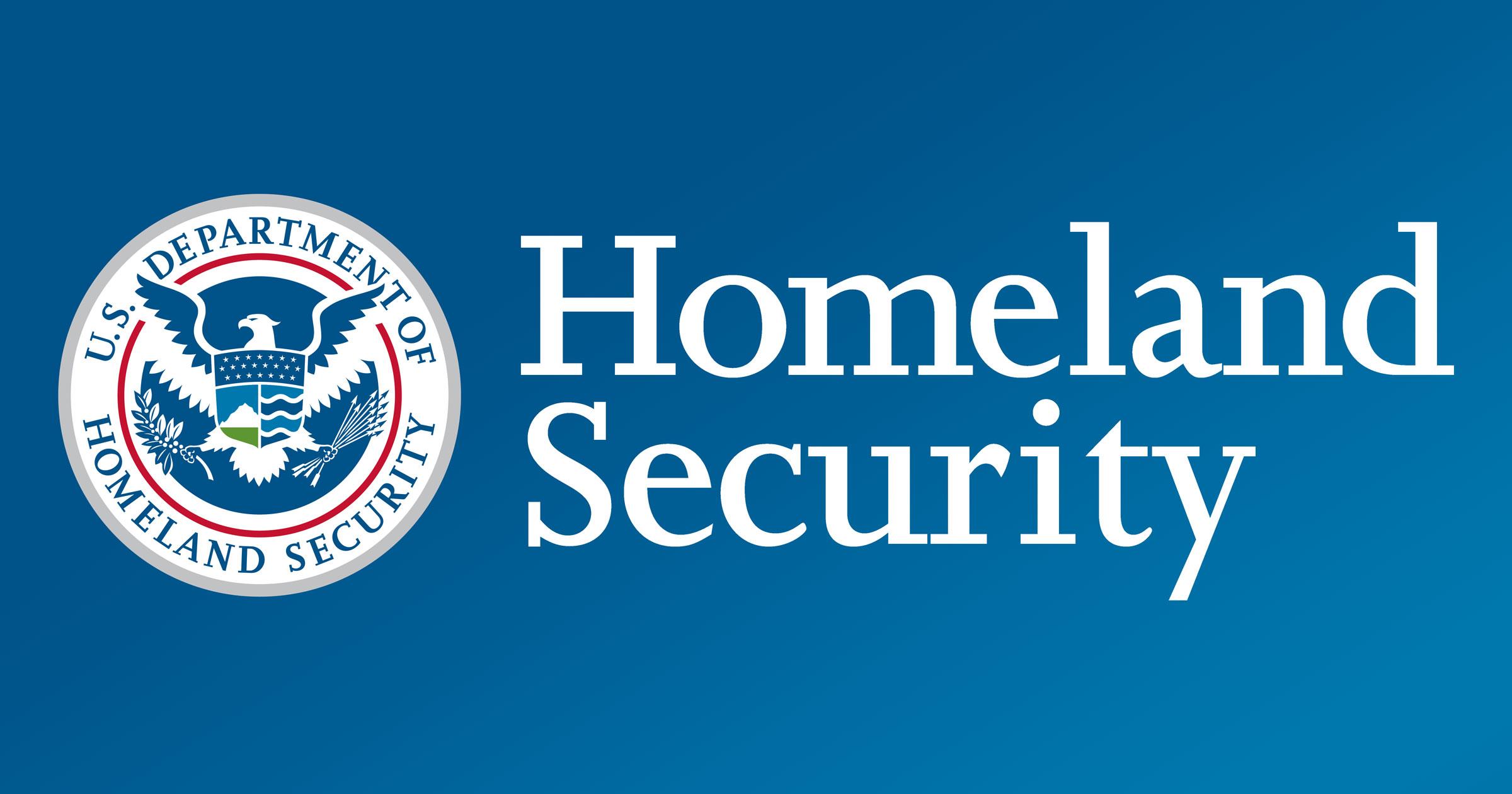The horrific attack on a mosque in New Zealand has been the talking point all across the world for the past week, and the fact that the shooter actually lives streamed the act on Facebook made it particularly appalling. Thousands across the world watched the video, and although Facebook eventually took down the video, the social media giants could not really stop the video from going viral. The tech giants like Facebook have been criticized by world leaders for their inability to police the content on their website. In a new development House Homeland Security Committee Chairman Bennie Thompson has written to the Chief Executive Officers of top tech companies and asked them to explain how the video spread. The letter was addressed to the CEOs of Facebook, Microsoft, Twitter, and YouTube.
The attack killed around 50 people and constituted one of the deadliest incidents in New Zealand. The video of the live stream posted by the attacker shows him attacking one of the two mosques that were attacked and before long the video spread on a range of networks. Facebook stated that they had removed as many as 1.5 million videos, but at the same time, it admitted that the original video had been viewed 4000 times before it was taken down from the platform. On the other hand, YouTube also removed all copies on their platform and also suspended the privilege of searching videos according to the time of upload.
In his letter, Thompson wrote,
Studies have shown that mass killings inspire copycats — and you must do everything within your power to ensure that the notoriety garnered by a viral video on your platforms does not inspire the next act of violence.
All the four companies addressed in the letter had invested in the Global Internet Forum to Counter Terrorism (GIFCT) back in 2017, and it is believed that Microsoft was addressed in the letter because of its presence in the GIFCT. It should be noted that Microsoft has in no way been blamed for the spread of the video in question.
He went on to suggest that the US Congress would take the matter into its own hands if this sort of content is allowed to spread on the platforms. He wrote, “Your companies must prioritize responding to these toxic and violent ideologies with resources and attention. If you are unwilling to do so, Congress must consider policies to ensure that terrorist content is not distributed on your platforms—including by studying the examples being set by other countries.”




